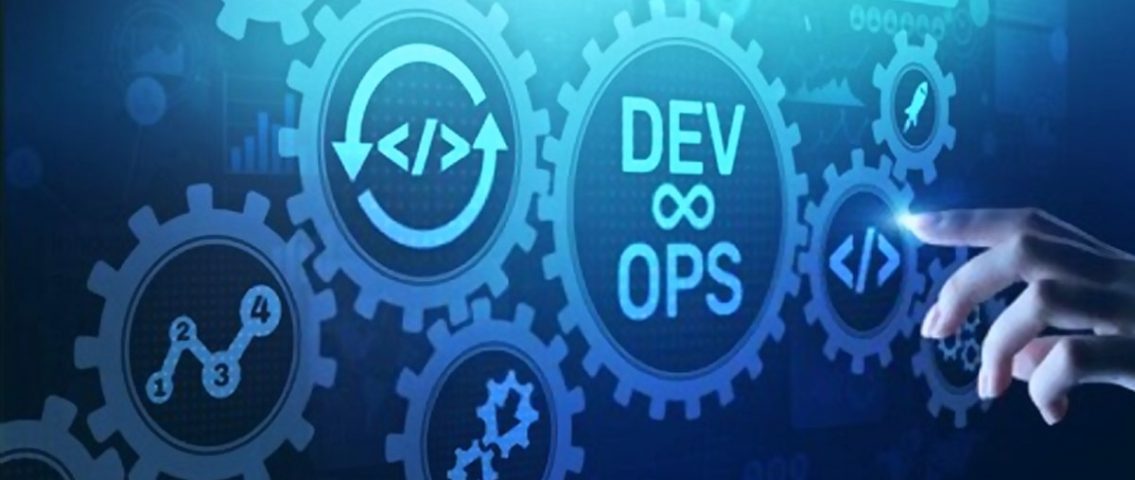7 Ways AI Speeds Up Software Development in DevOps

Audio : Listen to This Blog.
I am sure we all know that the need for speed in the world of IT is rising every day. The software development process that used to take much longer in the early stages is now being executed in weeks by collaborating distributed teams using DevOps methodologies. However, checking and managing DevOps environments involves an extreme level of complexity. The importance of data in todays’ deployed and dynamic app environments has made it tough for DevOps teams to absorb and execute data efficiently for identifying and fixing client issues. This is exactly where Artificial Intelligence and Machine Learning comes into the picture to rescue DevOps.
AI plays a crucial role in increasing the efficiency of DevOps, where it can improve functionality by enabling fast building and operation cycles and offering an impeccable client experience on these features. Also, by using AI, DevOps teams can now examine, code, launch, and check software more efficiently. Furthermore, Artificial Intelligence can boost automation, address and fix issues quickly, and boost cooperation between teams.
Here are a few ways AI can take DevOps to the next level.
1. Added efficiency of Software Testing
The main point where DevOps benefits from AI is that it enhances the software development process and streamlines testing. Functional testing, regression testing, and user acceptance testing create a vast amount of data. And AI-driven test automation tools help identify poor coding practices responsible for frequent errors by reading the pattern in the data acquired by delivering the output. So, this type of data can be utilized to improve productivity.
2. Real-time Alerts
Having a well-built alert system allows DevOps teams to address defects immediately. Prompt alerts enable speedy responses. However, at times, multiple alerts with the same severity level make it difficult for tech teams to react. AI and ML help a DevOps team to prioritize responses depending on the past behavior, the source of the alerts, and the depth. And can also recommend a prospective solution and help resolve the issue quicker.
3. Better Security
Today, DDoS (Distributed Denial of Service) is very popular and continuously targets organizations and small and big websites. AI and ML can be used to address and deal with these threats. An algorithm can be utilized for differentiating normal and abnormal conditions and take actions accordingly. Developers can now make use of AI to improve DevSecOps and boost security. It consists of a centrally logging architecture for addressing threats and anomalies.
4. Enhanced Traceability
AI enables DevOps teams to interact more efficiently with each other, particularly across long distances. AI-driven insights can help understand how specifications and shared criteria represent unique client requirements, localization, and performance benchmarks.
5. Failure Prediction
Failure in a particular tool or any in area of DevOps can slow down the process and reduce the speed of the cycles. AI can read through the patterns and anticipate the symptoms of a failure, especially when a pre-happened issue creates definite readings. At the same time, the ML models can help predict an error depending on the data. AI can also see signs that we humans can’t notice. Therefore, these early notifications help the teams address and resolve the issues before impacting the SDLC (Software Development Life Cycle).
6. Even Faster Root Cause Analysis
To find the actual cause of a failure, AI makes use of the patterns between the cause and activity to discover the root cause behind the particular failure. Engineers are often too preoccupied with the urgency to going Live and don’t investigate the failures thoroughly. Though they study and resolve issues superficially, they mostly avoid detailed root cause analysis. In such cases, the root cause of the issue remains unknown. Therefore, it is essential to conduct the root cause analysis to fix a problem permanently. And AI plays a crucial role here in these types of cases.
7. Efficient Requirements Management
DevOps teams make use of AI and ML tools to streamline each phase of requirements management. Phases such as creating, editing, testing, and managing requirements documents can be streamlined with the help of AI. The AI-based tools identify the issues covering unfinished requirements to escape clauses, enhancing the quality and the accuracy of requirements.
Wrapping Up
Today, AI speeds up all phases of DevOps software development cycles by anticipating what developers need before even requesting for it. AI improves software quality by giving value to specific areas in DevOps, such as improved software quality with automated testing, automatically recommending code sections, and organizing requirement handling. However, AI must be implemented in a controlled manner to make sure that they become the backbone of the DevOps system and does not act as rogue elements that require continuous remediation.
